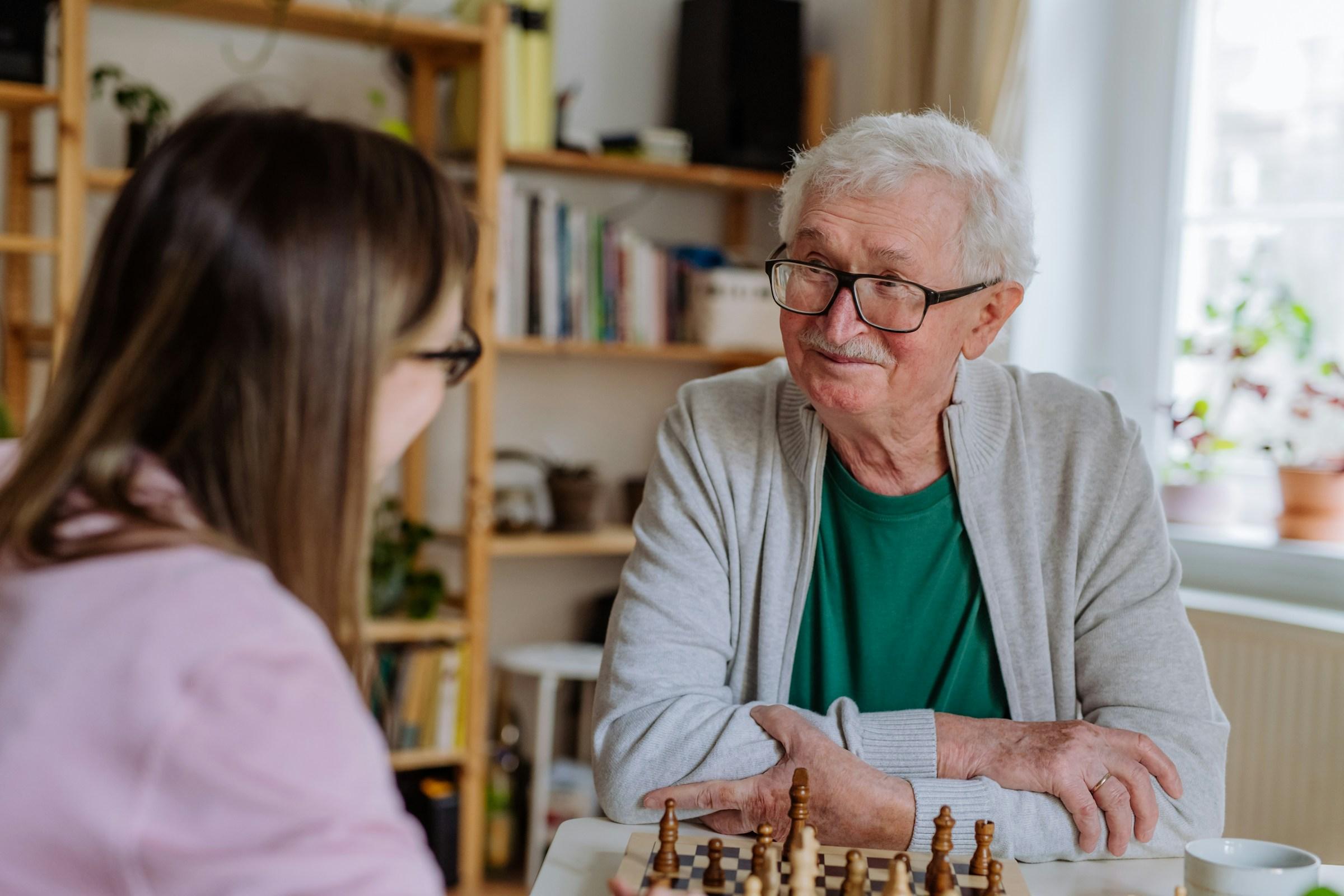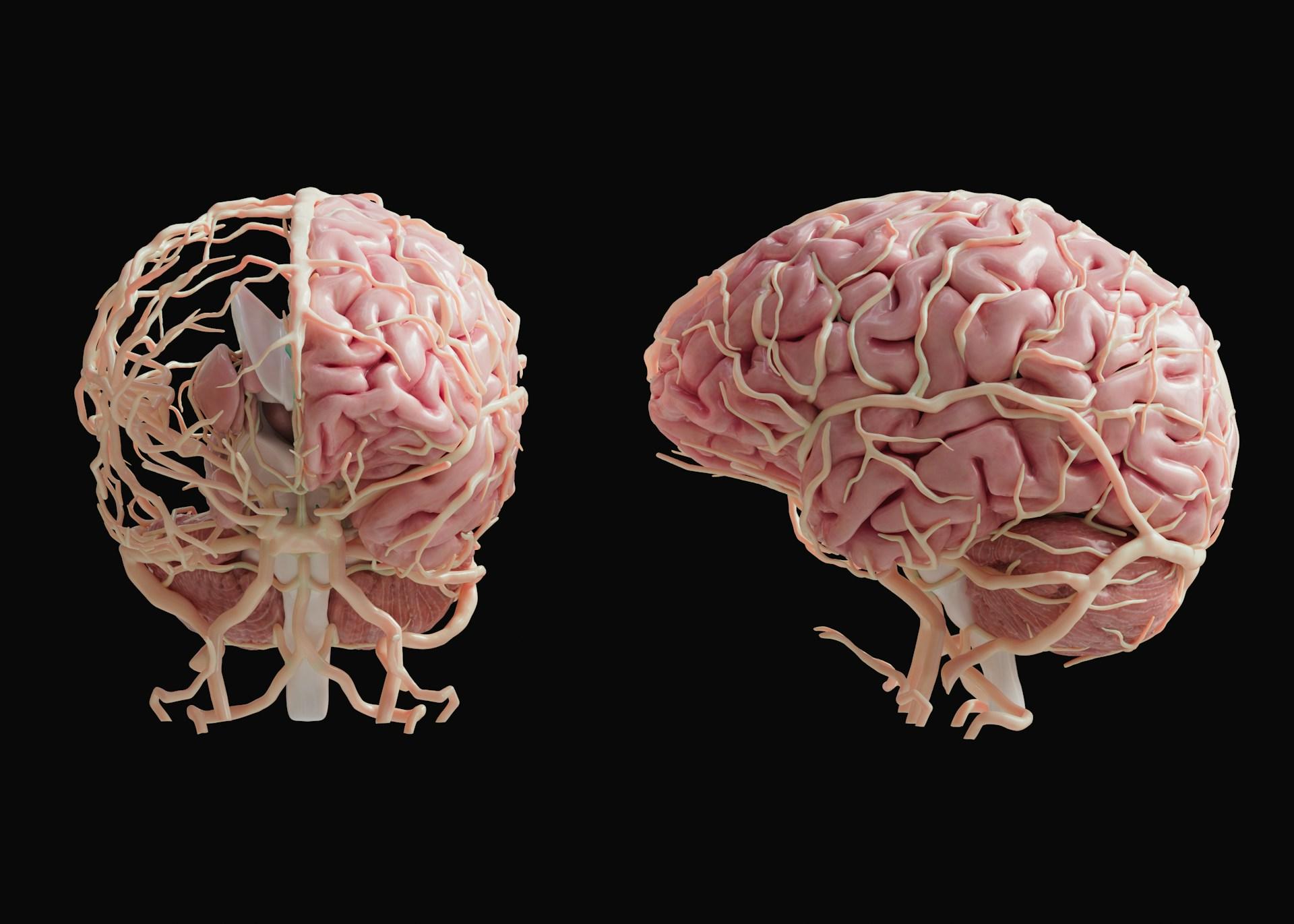When grief moves into a life and makes itself at home, it changes not only the language of feeling but also the texture of ordinary days. Tasks that once felt automatic grow heavy in the hand. Time loses its edges, then its shape. Rooms that used to hum with habit fall quiet in unfamiliar ways. Friends who would love to help do not always know how to cross the threshold. Even the body, which has carried you through years of errands and laughter and mild inconveniences, begins to move like it has learned a new gravity. To ask what happens if grief consumes you is to ask how a person keeps living when the map inside the heart no longer matches the streets outside the door. The answer begins with an honest look at how sorrow rearranges attention, energy, and meaning, then continues with gentler choices that help the mind and body find rhythm again.
At first, grief behaves like weather. It rolls in with a depth you can feel in your bones, and although you can name it, you cannot command it. You still know where the cups are, where the keys hang, which light switch needs two taps to cooperate, yet the short distances between those objects and your intention start to stretch. You put the keys on the hook and seconds later wonder where they went. You brew coffee, then watch the steam curl away from a mug you do not lift. The playlist that once turned a kitchen into an easy morning now sounds like a memory you cannot enter. The mind buzzes with unfinished thoughts while the body slows as if it has been wrapped in wool. Grief alters perception and pace, so that even in a full house you feel like a person standing alone in a large station after all the trains have left.
As the feeling persists, the house begins to mirror the interior. Small piles sprout at the edges of life. Mail rests unopened beside a plant that used to get watered on Sundays. A fridge keeps leftovers you do not quite remember making. The bed collects books that were meant to comfort but now keep each other company. This picture is not laziness and it is not a moral failure. It is triage. Grief asks the body to conserve power for breathing, for aching, for the difficult labor of remembering and forgetting. When energy retreats to the basics, the secondary systems, such as tidiness and planning, falter. Cleanliness becomes less about dust and more about control, and control has gone missing for a while.
Sleep, which once anchored the day, becomes unpredictable. Some nights it refuses to arrive. Other nights it arrives too early and stays longer than it should. The bed becomes diplomatic ground where your thoughts meet your losses and attempt negotiations without a clear agenda. Pillows flatten, covers tangle, a bedside lamp stays on because darkness feels like it might bring another tide of images you are not ready to receive. The circadian rhythm, which used to run on confidence, starts to doubt itself. Even when morning light slides across the floor, you hesitate to trust that the day will be kind. The curtain comes closed again, a gesture that says not yet to time itself.
Hunger shifts character as well. Food becomes too loud or too distant. You reach for whatever is simplest, not because you do not care about nutrition, but because your system has filed nourishment under survival and discarded the rest of the ceremony. Toast again, instant noodles again, the same bowl and spoon because they do not ask you to choose. Fresh produce feels like a dare you are not ready to take. Fruit ripens into a clock on the counter, and that clock becomes a small indictment when you cannot meet it. The bin needs taking out, and somehow that task is a cliff. Grief does not only steal joy. It steals frictionless motion. Hinges creak where they used to glide.
Rituals that once stitched the week together drift out of reach. Watering the plants was never only about hydration. It was an agreement with continuity. Friday night film, Sunday sweep and mop, the quiet pleasure of resetting a room before bed, these were promises you made to yourself that the world was steady. When grief arrives with force, such promises feel naive or simply too far away. You do not abandon them in defiance. You become someone who watches them float by and cannot extend a hand.
The soundscape changes. The house seems louder and quieter at once. Pipes gulp and you hear them like a message. The fridge hum deepens and you are sure it did not sound like that last month. Laughter from a neighbor’s unit slips through a wall and lands too bright in your chest. You are not angry at it. You are not ready for it. Even birdsong can feel a few decibels too sharp. Absence recalibrates the senses so that presence arrives like a surprise. In such moments you learn how much of living is texture and tone, how much of ease is a harmony you used to take for granted.
If grief continues to consume you, days begin to loop. You wake, you sit, you scroll to soften the jagged corners of your thoughts. The phone becomes a hallway you can pace without going anywhere. This is not apathy. It is protection. Decision making is costly when the heart hurt has cost so much already. The body knows and responds by conserving movement, narrowing choices, seeking shelter in familiar motions that ask very little. That economy of effort may keep you intact, but it also dulls curiosity. A life that once welcomed surprise begins to prefer safe repetition.
What can help in such a season is not a heroic plan, but softer design. The way a room is arranged, the light you choose, the objects within arm’s reach, these are not decor choices. They are forms of care. When sorrow is heavy, the home needs to ask less and hold more. This is not about renovation or perfection. It is about lowering the distance between intention and ease. If you can open a window for five breaths, you give your lungs new arithmetic and your skin a reminder that air still moves. If you place a stool beneath that window, you do not ask your legs to add effort to a simple act. You let the house do the holding for a minute.
Clearing one surface can be a quiet rescue. A nightstand, a small square of kitchen counter, the entry shelf where keys and coins used to accumulate, any of these can become a tiny stage for permission. Remove what confuses the eye. Put down two objects that feel honest and kind. A glass of water, a single stem in a jar, a candle with a scent that does not pretend, a smooth stone that fits in your palm. You are not decorating. You are signaling. A clear patch tells your brain that a beginning is possible. When beginnings do not feel dangerous, starting takes less power.
Light matters more than it seems to. A single lamp with a warm bulb placed where you tend to sit when the day grows heavy can dissolve a little of the evening’s dread. If brightness feels like pressure, soften it with a shade or let leaves filter it. Think of light as a friend who sits without asking questions. Presence, not performance, can make a corner feel safe. Darkness has its place too, especially when you need silence and rest. The practice is not to fix your feelings with lighting tricks. It is to offer your nervous system cues that say you are allowed to be here.
Sound can be a bridge back to company. Some days will insist on quiet. Others will relax when you switch on a radio, or press a button that plays rain. If you can set one sound on a physical button, you remove decisions that might stop you. The goal is not to replace your thoughts with noise. It is to invite a kind companion into the room. People often promise, call if you need anything. That sentence is heavier than it sounds, because it asks you to identify need, translate it, and perform the act of reaching out. A preset sound is a different promise. It does the reaching for you.
Keep care at hand height. Place tissues where tears actually fall. Leave a soft blanket over the arm of the couch instead of folded away. Put a carafe of water by the bed with a cup that you actually like to drink from. These details are not indulgences. They are ramps. When grief turns every staircase into a challenge, a ramp makes movement possible. When you can move, you can choose. When you can choose, you can heal.
Meals can be reshaped with the same logic. Freeze single portions of something kind and plain. Label them so you do not have to guess when your mind feels tired. Keep the tools for simple soup near the kettle. If chopping feels like a barrier, buy cut fruit for a week and call it thoughtful. It is good to care for the planet. It is also good to include yourself among the beings worthy of care. Sustainability includes the person standing at the sink, not only the bin under it.
Give your bed a new beginning with small, manageable acts. Wash only the pillowcases if the full set is too much. Flip the duvet so it feels like a new surface. Move your pillow to the other side for a night if the idea of rotating the mattress is laughable right now. These tiny changes help your body draw a new map in a familiar place. If sleep will not come, aim to make your room nice to be awake in. Keep a notebook to meet the thoughts that insist. Keep a dim light so shadows do not grow teeth.
On days when you notice your plants suffering, practice forgiveness as a form of pruning. Trim one brown leaf and call it a success. If the compost bucket smells like the past, empty it and rinse it with hot water and a slice of lemon. Watch the steam and count it as prayer. You do not have to rescue the whole jungle. Choose one pot and return it to sunlight. The others will wait. They do not keep score and neither should you.
Movement may feel like a demand. Instead of workouts that speak in loud voices, try gestures that honor the scale of your energy. Sweep one stripe of floor. Shake a rug in the doorway instead of going outside if the threshold feels like a task. Take the rubbish out when the air is soft and note what it feels like against your forearms. Tactile tasks return the body to the present. The present is the most generous room grief offers, even when that room is small.
Community requires design as well. Replace open ended promises with concrete invitations written into your space. A friend’s playlist printed and held on the fridge by a magnet becomes a doorway you can walk through without asking. A postcard by the kettle that says bread is coming on Thursday makes hospitality a date rather than a concept. If you live alone, write your own note and let it be just as real. The house does not care who writes the promise. It cares that the promise exists.
Anniversaries bring their own currents. If your loss arrived with a date, the calendar can become an ally. Mark the day with a soft ritual that acknowledges memory without flooding the room. Fresh flowers in the same jar, a particular cup for tea in the morning, a candle next to a photo that you light and then blow out at the same time each year, these practices do not reduce the ocean of feeling. They give you a cup to hold. A container is not a cure, but it keeps your hands steady.
All of this might sound cosmetic when sorrow feels like bedrock. Yet the smallest choices in a room can change the angle of a day. This is not because furniture secretly holds power. It is because bodies read cues constantly. A clear counter looks like a start line. A warm light looks like a safe harbor. An open window equals moving air, which equals you are alive. When words fail, these cues speak a language the nervous system understands.
There will be days when even these gestures feel distant. On those days, let permission be your only practice. Permission to do one small thing and call it maintenance. Permission to leave a task unfinished without naming it failure. Permission to let a friend see the mess. Homes are for living, and living includes seasons where floors collect dust and sinks collect dishes. Sustainability is not spotless. It is repeatable. Grief interrupts repetition. Compassion restores it, slowly and without applause.
Eventually something shifts, not all at once, not in a way that makes a tidy story. One morning the curtain you closed for months lets a bar of light across the floor and your body does not tense. You pour water without telling yourself to hydrate. You pick fruit over the last biscuit and it does not feel like a test. You water a plant and hum. Nothing in the room looks like a magazine. Everything in the room looks like a life that has learned how to hold love and loss in the same space. The piles shrink a little. Not because you became efficient, but because you remembered you can move.
Grief does not leave on command. It changes shape, then changes again. It will ask your house and your habits to change with it. When it consumes you, the first job is not to conquer it. The first job is to lower the distance to care. Make air easy. Make light easy. Make water easy. Make one surface look like a beginning. Repeat without drama until rhythm returns in small increments. On the other side of the season, you may keep some of these gentler designs because they continue to serve a life that values presence over spectacle. The lamp beside the couch still glows like a companion at dusk. The nightstand still holds a single stem in a jar. The window still opens for five breaths. These details do not erase the absence that began them. They remind you that a home can absorb sorrow and still belong to you.
To ask what happens if grief consumes you is to ask how a person carries on when the heart has been remade by loss. The answer is not a single revelation. It is a practice built from small, repeatable acts that help the body feel safe enough to rejoin the day. Over time those acts become a language for living again. What we repeat becomes how we live. Choose warmth, choose rhythm, choose the simplest forms of care. In that choosing, the house becomes a soft translation between the unsayable and the next honest step.














